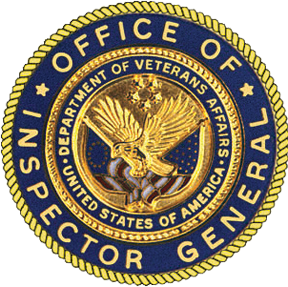Issue Date
Report Number
10-02494-176
VA Office
Veterans Health Administration (VHA)
Report Author
Office of Audits and Evaluations
Report Type
Audit
Recommendations
0
Questioned Costs
$0
Better Use of Funds
$0
Congressionally Mandated
No
